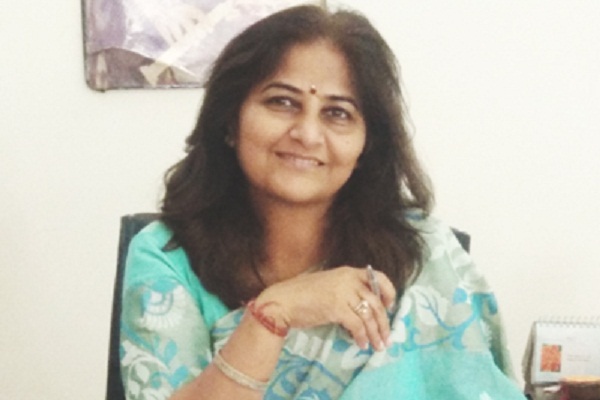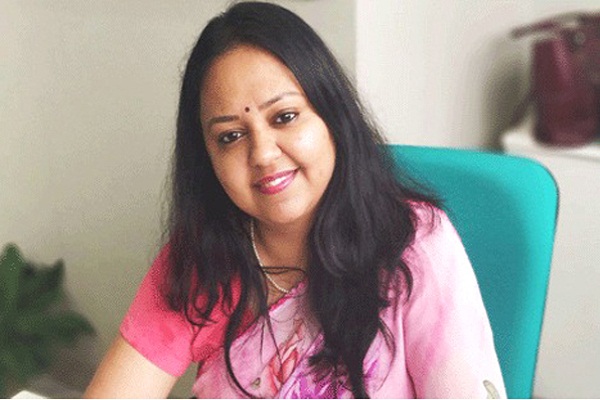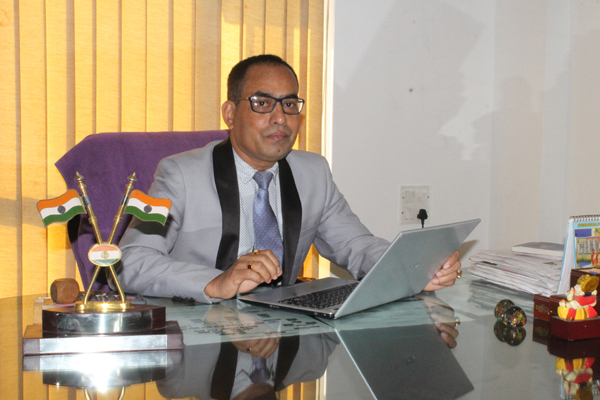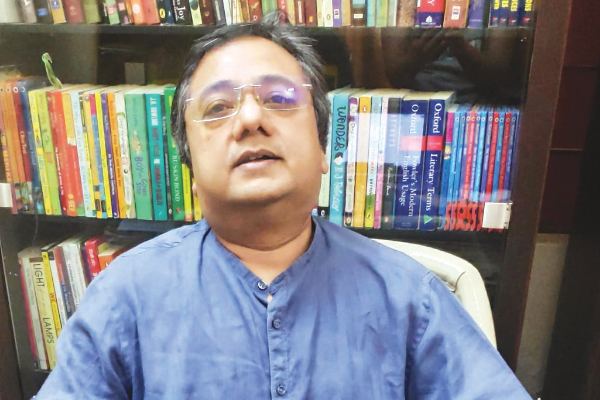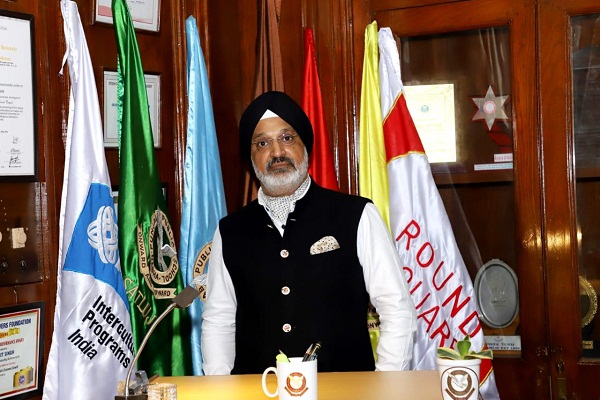Lockdown changed the perspective of schools. With schools closed for months, e-learning came to the forefront, across the world. Even in developed countries, students have been the primary movers of this initiative. Teachers followed the new trend, hoping to return to the classrooms soon. Here is a detailed report by Pankaj Samantray of Elets News Network.
There is a paradigm shift witnessed in the education sector in India for last two months. Schools and teachers have been forced to adapt to e-learning leaving the traditional way of teaching. The adaption of technology was reluctant for many teachers and schools.
That new technology added a competitive edge to the e-learning sector. The ed-tech firms strike gold in the pandemic as both private and government schools ensure education through e-platforms. In India, online tutorials including Coursera, Collpoll and many more are gaining immense popularity during this crisis.
Lockdown changed the perspective of schools. With schools closed for months, e-learning came to the forefront, across the world. Even in developed countries, students have been the primary movers of this initiative. Teachers followed the new trend, hoping to return to the classrooms soon.
Also read: ‘Technology in hands of good teachers, a boon for education system’
However, such expectations are unlikely to materialise any time soon. When schools re-open, they have to operate with reduced classroom strength, to ensure social distancing. It means the scope for classroom education will remain curtailed and e-learning has to fill the gap in the education sector. With blended learning as potential solutions for schools, e-learning will continue to dominate the sector for a longer period.
The new crisis has taken us to the big question. How will complex Indian education system respond to the emerging situation? Avoiding the question is of no use as students are keener than ever. The ed-tech firms have witnessed 10-fold rise in registration for trial or free coaching, in the last two months.
In the absence of a comprehensive action plan, for the complex Indian school education system, which are divided by multiple boards of unequal standards and the benefits of technology will be acquired by a section of teachers and students that can adapt and afford it.
In India, state governments are the largest providers of education. However, they are plagued by several challenges including large student teacher ratios, infrastructure and lack of quality training amongst teachers. Private schools too face a problem with teacher training. These challenges combined with India’s huge education market size, where 35% of its 1.3 billion population below 15 years of age, present an immense business potential for ed-tech products to scale-up by plugging gaps.
Technology will bring changes
The Ed-tech firms will change the way teachers teach and students learn. In place of the traditional brick-and-mortar classroom, schools will witness the rise of ‘flipped classrooms’ leveraging blended online and offline instructions, where students watch video lectures at home and do their ‘homework’ in class. It offers a chance to get out of boring classes and offers real-life learning opportunities and diminish the gap between what is taught in the classrooms and the real-life workplace requirements.
With technology, students can be more engaged in the classroom in various ways.
The great digital divide
There is a huge digital divide in urban and rural schools. In a recent survey, over 75 pc of students are impacted due to the lockdown as they found hard to study online, over 80 pc students said they need hand holding to shift from offline to online and over 25 pc said they need proper training to pursue education through online.
This is still a dream for the majority of students in India. Most of the parents in India cannot afford OTT platforms for their wards to study. However, a concerted effort can mitigate many problems.
Until now, most ed-tech products catered to tier 1 cities and children from the high-income segment, ignoring the majority of students who come from tier 2, 3 cities and rural areas. With more students enrolling from tier 2 and 3 cities, the crisis presents a perfect playground for various companies to modify products, adapt and contextualise them as per the needs of different customers. Firms should therefore utilise this crisis to build the best possible evidence around learning outcomes.
Bharat net is connecting all the villages with high-speed broadband network. Part of the project connecting remote areas in North-East India is already complete. Ensuring digital connectivity, therefore, may be easier.
The 2011 project to distribute cheap ‘Akash’ tablets to promote e-learning in villages was unsuccessful due to quality and procurement issues. The scheme can be revived in rural areas by the state governments. States like Tamil Nadu have started distributing tabs to students for studies.
Vernacular content
There are bigger problems to solve. Adapting to online education is easier for English medium students and teachers due to the ready availability of tools or content. The situation is opposite in vernacular languages that dominate the Indian school education scene. Only a few ed-tech firms provide vernacular content.
Quality of content
The quality of content is a bigger issue. Providing quality content is a major take for Ed-tech firms. There is no check on the quality of content provided by the platforms to students.








